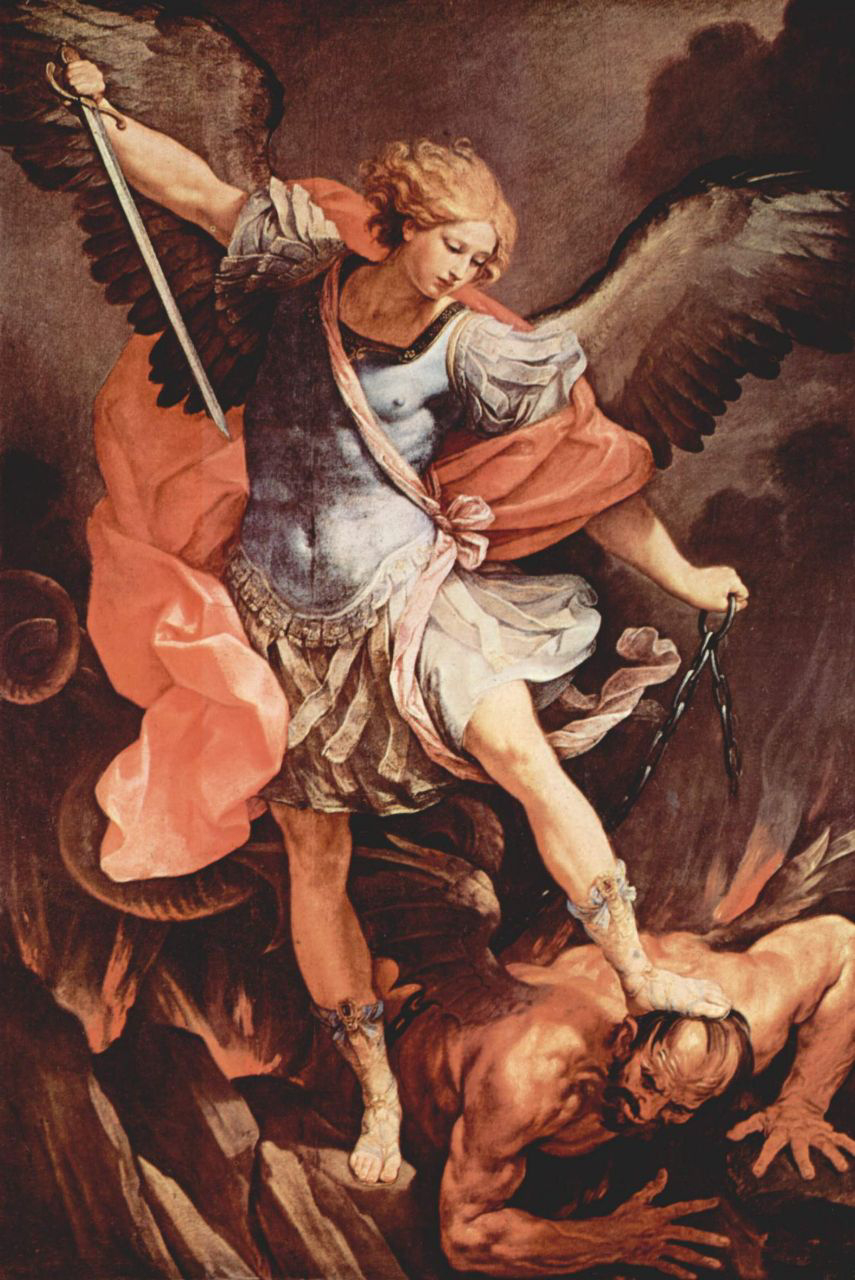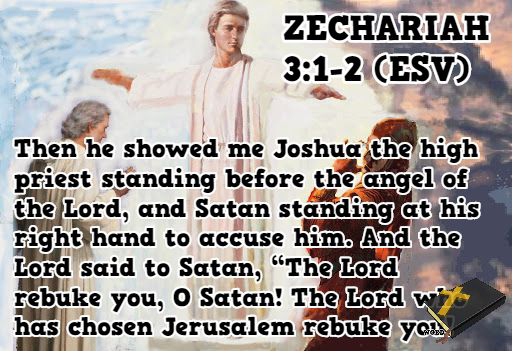Jude verse 9 refers to an event which is found nowhere else in Scripture. Michael had to struggle or dispute with Satan about the body of Moses, but what that entailed is not described. Another angelic struggle is related by Daniel, who describes an angel coming to him in a vision. This angel, named Gabriel in Daniel 8:16 and 9:21, tells Daniel that he was “resisted” by a demon called “the prince of Persia” until the archangel Michael came to his assistance (Daniel 10:13). So we learn from Daniel that angels and demons fight spiritual battles over the souls of men and nations, and that the demons resist angels and try to prevent them from doing God’s bidding.
Jude tells us that Michael was sent by God to deal in some way with the body of Moses, which God Himself had buried after Moses’ death (Deuteronomy 34:5-6).
Various theories have been put forth as to what this struggle over Moses’ body was about. One is that Satan, ever the accuser of God’s people (Revelation 12:10), may have resisted the raising of Moses to eternal life on the grounds of Moses’ sin at Meribah (Deuteronomy 32:51) and his murder of the Egyptian (Exodus 2:12).
Some have supposed that the reference in Jude is the same as the passage in Zechariah 3:1-2, “Then he showed me Joshua the high priest standing before the angel of the LORD, and Satan standing at his right hand to accuse him. And the LORD said to Satan, ‘The LORD rebuke you, O Satan!’” But the objections to this being the same incident are obvious: (1) The only similarity between the two passages is the expression, “the Lord rebuke you.” (2) The name “Michael” does not occur at all in the passage in Zechariah. (3) There is no mention made of the “body of Moses” in Zechariah, and no allusion to it whatever.
It has also been supposed that Jude is quoting an apocryphal book that contained this account, and that Jude means to confirm that the account is true. Origen (c. 185–254), an early Christian scholar and theologian, mentions the book “The Assumption of Moses” as extant in his time, containing this very account of the contest between Michael and the devil about the body of Moses. That book, now lost, was a Jewish Greek book, and Origen supposed that this was the source of the account in Jude.
The only material question, then, is whether the story is “true.” Whatever the origin of the account, Jude does in fact seem to refer to the contest between Michael and the devil as true. He speaks of it in the same way in which he would have done if he had spoken of the death of Moses or of his smiting the rock. And who can prove that it is not true? What evidence is there that it is not? There are many allusions in the Bible to angels. We know that the archangel Michael is real; there is frequent mention of the devil; and there are numerous affirmations that both bad and good angels are employed in important transactions on the earth. As the nature of this particular dispute over Moses’ body is wholly unknown, conjecture is useless. We do not know whether there was an argument over possession of the body, burial of the body, or anything else.
These two things we do know, however: first, Scripture is inerrant. The inerrancy of Scripture is one of the pillars of the Christian faith. As Christians, our goal is to approach Scripture reverently and prayerfully, and when we find something we do not understand, we pray harder, study more, and—if the answer still eludes us—humbly acknowledge our own limitations in the face of the perfect Word of God.
Second, Jude 9 is the supreme illustration of how Christians are to deal with Satan and demons. The example of Michael refusing to pronounce a curse upon Satan should be a lesson to Christians in how to relate to demonic forces. Believers are not to address them, but rather to seek the Lord’s intervening power against them. If as powerful a being as Michael deferred to the Lord in dealing with Satan, who are we to attempt to reproach, cast out, or command demons?




No comments:
Post a Comment